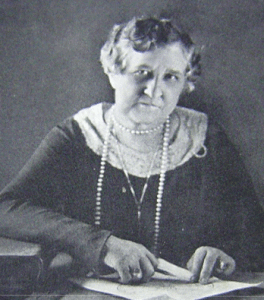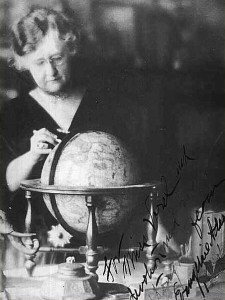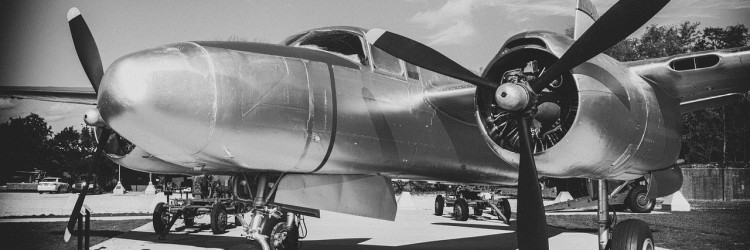Astrologer Evangeline Adams, from Boston, checked into New York City’s Windsor Hotel in winter 1899 and did readings there because the hotel’s owner, Warren Leland, didn’t mind that she practiced astrology. All types of fortunetelling were illegal in New York City then, but Adams, related to two U.S. presidents, had the social status to get away with it.

On March 16, 1899, Adams read the wealthy Mr. Leland’s horoscope and transits and told him something terrible was about to happen. She was so unnerved she checked out of his hotel and stayed elsewhere. The next day around 3 p.m., during New York’s St. Patrick’s Day parade, a smoker at the Windsor Hotel threw a lit match out of a second-floor window. It blew back in, igniting the curtains. The fire burned the entire 500-room hotel to ashes—there are photos of it—and killed 86 people including Leland’s wife and daughter. Leland himself died—his obituary says of appendicitis—soon afterward, on April 4.
Before his death Leland had told someone about Adams’ prediction, and Adams, then in her thirties, made headlines and became America’s first celebrity astrologer. Illegal or not, she attracted the city’s richest and most prominent clients: billionaire J.P. Morgan, singer Enrico Caruso, actresses Tallulah Bankhead and Lillian Russell. When arrested for fortunetelling, Adams argued that she was no gypsy fortuneteller but a serious and methodical business professional. Her office in Carnegie Hall had a staff of 13 to calculate and write an estimated 100,000 mail-order horoscopes. She also advertised, wrote books and columns, and traveled the U.S. on speaking tours. Her forecasts were sometimes wrong, but she also predicted the 1929 stock-market crash. In popular astrology, even a single spot-on, well-publicized prediction of a public event can make you famous. Two or three, and you’re set for life.
The 1930s became a great decade for astrology. During the Great Depression people turned to astrology for hope and entertainment. Adams, America’s first radio astrologer, educated and entertained them. She died in 1932, having predicted her own death.
Evangeline Adams was quite special. I mention her because it’s common to hear that one of the great faults and shames of astrology is that astrologers failed to predict World War II—even Europeans.
World War I ended with Germany’s surrender, and the Germans, embittered and broke, spent the 1920s suffering and looking for someone to blame. You didn’t need an astrologer to figure out trouble was afoot: French army commander Ferdinand Foch, who witnessed Germany’s surrender in 1918, predicted then that a much bigger war would erupt in 20 years. Angry World War I veteran and dictator Adolf Hitler organized a political party and started the next world war in 1939. He hated astrologers and occultists for predicting the failure of his Reich. Hitler jailed or executed an estimated 600 astrologers, including Germany’s best-known, the Swiss-born Karl Ernst Krafft, who died while being shipped to a death camp. That’s how the Nazi elite rewarded him for writing Nazi propaganda including bogus additions to the famous prophecies of Nostradamus, and fake horoscopes, distributed worldwide, falsely predicting a victory for Germany.
Evangeline Adams made her first prediction about a second world war in 1927, pinpointing 1942 to 1944 as the war years. An online news article written and published in The Milwaukee Sentinel on October 11, 1931, announcing her upcoming talk at the city’s Pabst Theater, is more specific, saying:
“Evangeline Adams to Speak at Pabst”
“Evangeline Adams, the astrologer, who in 1912 predicted a world war in 1914 and who predicts that the next great war will occur in 1941-42 with the United States as its center, will speak on astrology as a science at the Pabst theater, Oct. 23 at 8:15 p.m.”
“Three presidents of the New York stock exchange, including J. Pierpont Morgan the elder, consulted Miss Adams regularly until their deaths.”

No one can claim anymore that astrology and astrologers completely and utterly failed to predict World War II.
It might be that Evangeline Adams, who died years before World War II, had a special gift for astrological forecasting, or a method or level of expertise others did not. Some claim that various not-so-famous astrologers predicted World War II before Adams did, and that she simply copied them.
But ultimately, does it matter who did or didn’t predict World War II? More important than second-guessing the past is paying attention to present-day events and preventing future conflicts any way we can.
